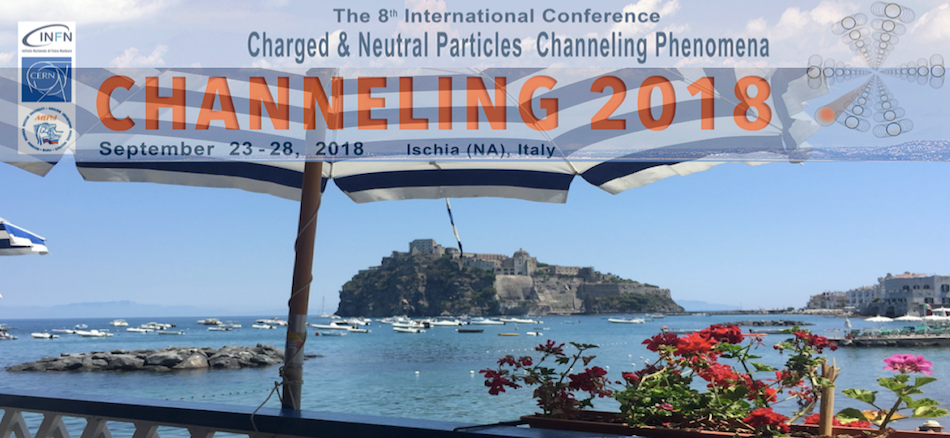Speaker
Dr
Alfio TORRISI
(Nuclear Physics Institute, AS CR)
Description
A 10-Hz repetition rate, Nd:YAG pulsed laser (λ=1064 nm, pulse energy of 700 mJ, pulse duration of 3 ns) was used to irradiate different double stream gas-puff targets (DSGPTs). The interaction gives rise to the formation of plasma and the emission of SXR/EUV radiation. The DSGPTs are produced by a 0.4 mm in diameter nozzle, which injects the working gas (N2, Ar or Xe) at different pressures, and by a concentric ring-shaped nozzle with diameter from 0.7 to 1.5 mm for the He injection, which is the outer gas. The SXR/EUV emission from the plasma was optimized at 90° with respect to the incident laser radiation and nozzle axis.
Silicon carbide (SiC) and AXUV-HS1 Si detectors were employed to characterize the produced plasma. Some aspects, related to monitoring, stability, and characterization of the plasma source, important from a standpoint of modern compact SXR/EUV microscopy systems, such as the overall evaluation of the signal and pulse time duration, will be presented and discussed.
Author
Dr
Alfio TORRISI
(Nuclear Physics Institute, AS CR)
Co-authors
Prof.
Henryk Fiedorowicz
(Institute of Optoelectronics, Military University of Technology, Warsaw, Poland)
Lorenzo Torrisi
(LNS)
Prof.
Przemyslaw Wachulak
(Institute of Optoelectronics, Military University of Technology, Warsaw, Poland)

